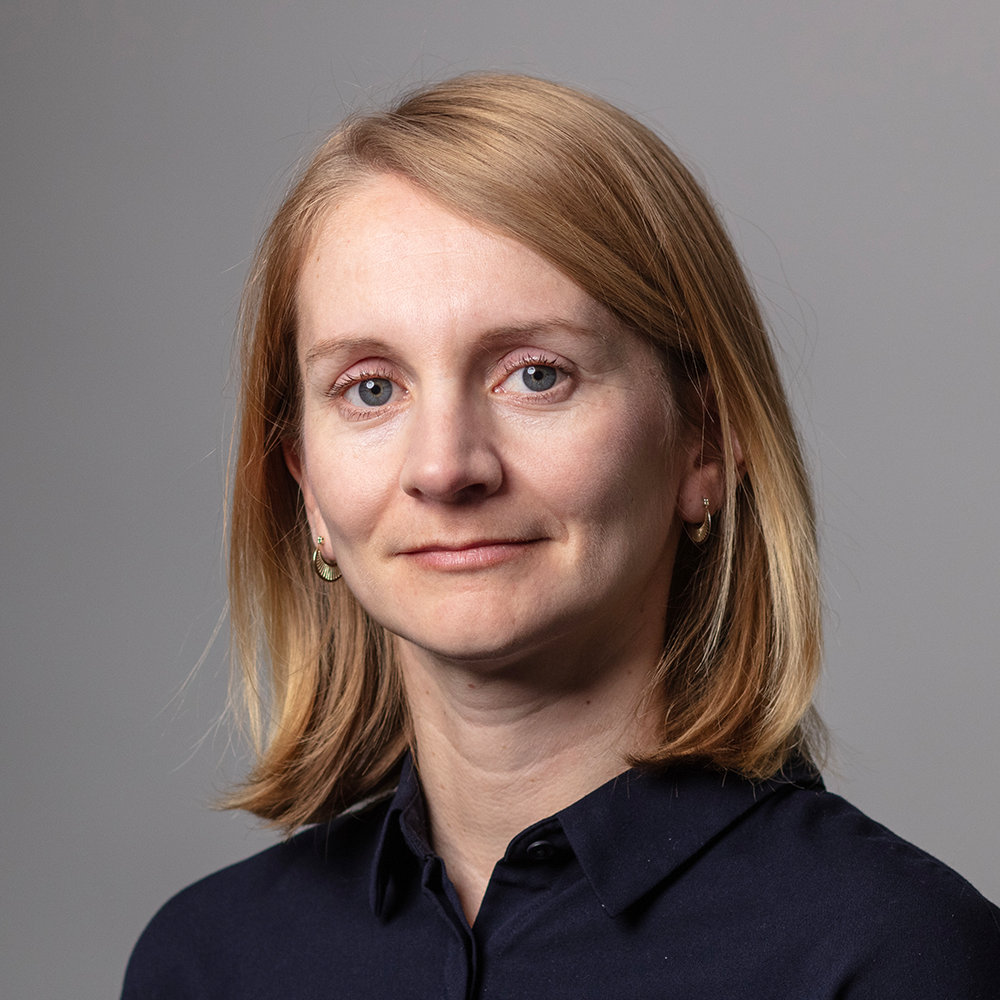
Switzerland Today
Dear Swiss Abroad,
The Christmas season is hectic and expensive, and this applies to the ongoing negotiations between Switzerland and the EU, which are to be finalised before the festive season. However, the exact amount of the cohesion contributions remains unsettled, with hundreds of millions of francs at stake.
There is also plenty happening in the federal government in Bern. I’ve included a decision from this session that may be of particular interest to you: it concerns online signature collections.
Best wishes from Bern,

Hamas ban and online signature collection: key decisions in parliament
A ban on Hamas was discussed in parliament today. Following the Senate’s decision, the House of Representatives has now also voted in favour of the ban. The goal is to prevent individuals associated with the terrorist organisation from entering Switzerland, make their expulsion easier, and disrupt their cash flows. Opponents of the ban fear it could set a precedent, potentially leading to bans on other organisations.
The House of Representatives was also due to discuss a ban on the Shia militia Hezbollah today, but time ran out.
Additionally, the Senate approved a motion that may interest the Swiss Abroad. The motion calls on the federal government to establish a legal framework for digital signature collection (e-collecting), enabling Swiss citizens registered in Switzerland to participate in such initiatives. The House of Representatives must still vote on this.
- Full article on the Hamas ban by WatsonExternal link (German)
- Full article on e-signature collections by NauExternal link (German)
More

Negotiations with the EU: Switzerland to pay CHF350 million ($397 million) in cohesion contributions annually
Switzerland’s negotiations with the EU are entering their final phase. EU Commission President Ursula von der Leyen (pictured, right, with Swiss President Viola Amherd) is expected to visit Switzerland shortly before Christmas to finalise the talks, according to Swiss public television, SRF. This is the buzz in Bern and Brussels.
For the negotiations to conclude, the parties must agree on the cohesion payments. These are contributions Switzerland makes to poorer EU countries in Eastern Europe to access the EU single market.
The exact amount remains undecided. According to Swiss public television, SRF, Switzerland’s cohesion payments are likely to total CHF350 million annually, a significant increase from the previous CHF130 million. The final amount will likely be determined at the last moment of the negotiations.
- Full article from Swiss public television, SRFExternal link (German)

Study highlights gaps in media literacy among Swiss citizens
When you read a newspaper or listen to the radio, can you tell whether a piece is news, opinion or an advertisement? According to a study by the Swiss Federal Office of Communications, many people in Switzerland struggle with this distinction.
The survey, involving 3,000 people from German- and French-speaking Switzerland, revealed a sobering result: an average score of 6 out of 19 points. Participants were asked to evaluate the significance of various news items for Swiss politics and society and to classify articles as news, commentary, adverts or fake news.
The findings show that German-speakers, men and individuals with higher education levels exhibit better media literacy than French-speakers, women and less educated individuals. Interestingly, participants were better at identifying dubious content on social media, demonstrating stronger social media literacy than traditional media literacy.
- The Tages-AnzeigerExternal link article (German)
- Swiss public radio, RSI’sExternal link coverage (Italian)
- Blick’sExternal link article (French)
More

Fall of the Assad regime: what happens to frozen Syrian assets in Switzerland?
Syrian dictator Bashar al-Assad has been overthrown by rebels and fled to Moscow with his family. Meanwhile, CHF99 million ($112 million) in Syrian assets remain frozen in Swiss accounts, as the State Secretariat for Economic Affairs(SECO) announced to several media.
Following the outbreak of the Syrian civil war in 2011, Switzerland imposed sanctions against Syria in line with the EU. Although CHF99 million is substantial, it was higher in 2013 when CHF130 million was reported as frozen.
SECO attributes the decline to the decreasing value of securities deposits, exchange rate fluctuations, and adjustments to the sanctions list. The sanctions list, currently 72 pages long, is regularly updated. These assets will remain frozen as long as EU sanctions against Syria are upheld, SECO said.
- The BlickExternal link article (German)
- The BlickExternal link article (French)

Picture of the day
KKS – these three letters stand for Karin Keller-Sutter in Switzerland. Today, the finance minister was elected Swiss president for 2025 by the Federal Assembly, securing 168 out of 203 valid votes. Her deputy will be Economics Minister Guy Parmelin.
Translated from German using DeepL/amva/ts

In compliance with the JTI standards
More: SWI swissinfo.ch certified by the Journalism Trust Initiative










